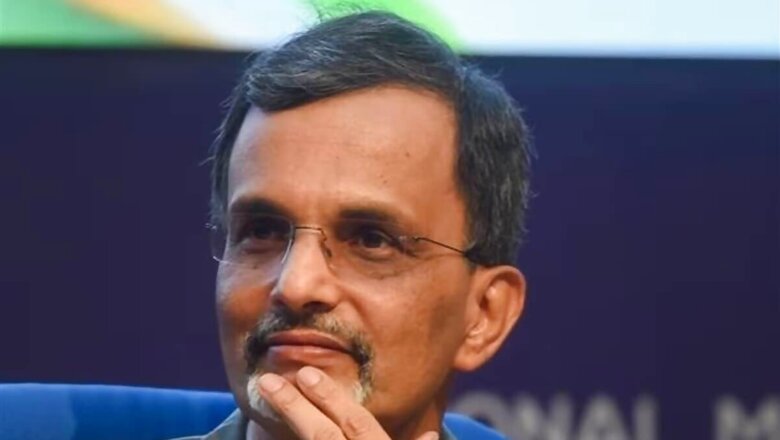
views
The Indian economy was earlier predicted to grow at 7.6 per cent by the Central Government’s second advance estimate for the financial year 2024. Now, the country’s Chief Economic Advisor (CEA), V Anantha Nageswaran, has predicted that the economy will grow at a rate exceeding the government’s estimations owing to the increase in the activities of the industry and service sectors of the country.
During an event of the Association of Registered Investment Advisors (ARIA), the CEA of India revealed that the growth will be higher than the Ministry of Statistics’ estimate of 7.6 per cent and will be around 8 per cent in the ongoing financial year.
V Anantha Nageswaran added that there are many reasons to be optimistic about India’s prospects in the near term. He said, “If the fourth quarter GDP data is not much lower than the pace that we have seen in the first three quarters, then the GDP growth rate will be closer to 8 per cent instead of 7.6 per cent.”
Amid the development, the Chief Economic Advisor has stressed the need to work humbly towards the target without getting influenced by the joy of victory. He added that the country should focus on long-term growth and not be influenced by short-term successes. He continued by saying that India’s economic growth in the industry and service sectors has been commendable, but the agricultural sector has suffered due to irregular monsoons. He continued, stating that there are still some positive signs for the agriculture sector, such as more sowing of winter crops, a reduction in El Nino, and the expectation of a normal monsoon in the coming times.
Anantha Nageswaran also mentioned that in the coming times, domestic consumption will be at the forefront of contributing to the country’s growth and added that the gap between rural and urban consumption is also expected to narrow down as the nation moves ahead. The financial health of the banking and corporate sectors is also good, and he said that they are expected to be a major contributor to the country’s growth in the next 5-7 years.




















Comments
0 comment